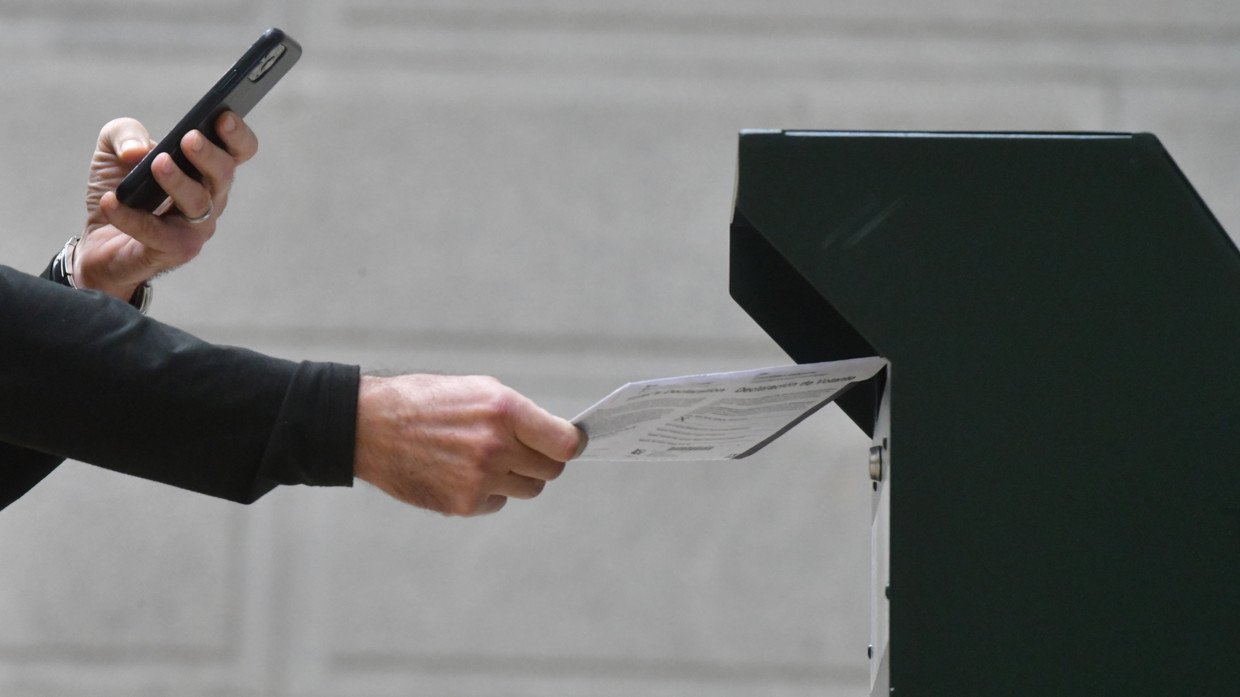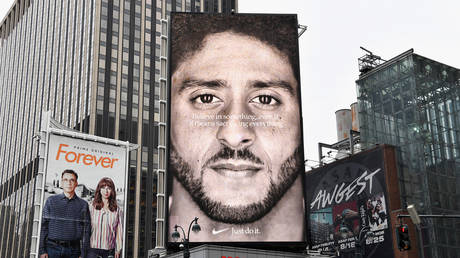Culture wars are not as new a phenomena as our politicians, academics and commentariat would have us believe – there have always been points in history where it appeared that two tribes were going to war.
Frankie Goes to Hollywood’s number one hit about the cold war, ‘Two Tribes’, was the fourth biggest-selling single in 1984, a year that was filled with political agitation and class war. My own family was involved in the bitter, seismic 1984 to 1985 miners strike. Although the strike was initially about jobs and the economics of our communities, culturally, the working class were demonised by Margaret Thatcher’s right-wing government as the enemy within – bad for Britain, backwards-looking and holding the country back with our outdated loyalties to family and community.
I believe Thatcher’s legacy of that annihilation of the working class is still as strong as it was then, if not more so. Gil Scot Heron, an American poet, performer and songwriter, in 1982 released a spoken-word piece entitled ‘B-Movie’, about America’s manipulation of its population through the Hollywood narrative of good vs evil, where a man (almost always a white one, of course) rides in on an equally-white horse to save the day. The irony was that a B-movie cowboy actor, Ronald Reagan, had ridden in to ‘save’ America in the 1980 presidential election.
The infantile and childlike narratives of ‘black vs white’, ‘good vs evil’, ‘wrong vs right’ do nothing but keep the same sort of politicians in control so that power stays in the hands of the few forever. These childlike politics are everywhere in the 2020s and are causing irreparable damage to our society, to democracy, and to our sense of ourselves.
Over the last ten years, I have seen these dangerous narratives grow and become ever more divisive and dangerous. Brexit, the contentious 2016 referendum in the UK on our European Union membership, began as mostly a niche debate within the British Conservative Party; very few of the overall population had thought too much about it. Sporadic, splenetic headlines from the Daily Mail and Express about bendy bananas sometimes annoyed a particular part of the population, but none of this signalled the bitter division that came by the time the UK voted to leave.
During the past five years, there has been an intense and irrational pulling apart of our nation, not just through political debate about Europe, but in a bitter culture war framed as ‘good vs evil’ and ‘the clever vs the stupid’ – who is right, who is wrong, who is unintelligent and unable to follow a simple argument. Unfortunately, but as always, it has been towards the working class that most of this hate has been directed – I have seen academics within universities openly discuss ‘intelligent citizenship’ and whether the working class is clever enough to be able to vote and can be entrusted with making important political decisions.
The same year, on the other side of the Atlantic, these debates of ‘good vs evil’ erupted with the election of Donald Trump. Citizens were not only criticised for their choice of voting for Trump, but for the very essence of who they were – they were labelled backward, stupid and unable to grasp modern society. All of the same things the miners and the wider British working class were accused of in the 1980s by established politicians and their colleagues and friends, the captains of industry – ordinary men and women, with their old fashioned, out-of-date communities, were supposedly everything that was wrong with the country, and it could not move into the future with them in tow.
In the last year, I have seen these same divisive and childlike political narratives emerge over Covid – another binary narrative of good vs evil. Those who are vaccinated, wear masks, and believe in lockdowns without question, are on the right side – while those who are more suspicious, less trustful of government, anti-vax, or critical about lockdowns, have been lumped together under the heading of ‘bad’ and, once again, called stupid, irrational, and unable to know what’s best for them. My argument here is not the merit of any single person’s beliefs or thought processes, but to highlight the consequences of these deep divisions, which are being nurtured by those who always benefit from a divided system.
In the UK, our government is embroiled in sleaze and accused of breaking lockdown rules last year by holding a Christmas party on Downing Street while the rest of us miserably spent Christmas without our loved ones. In Austria, a country imposing mandatory and forced vaccination programmes, a gala was held last week, with live music, dancing and partying. The chancellor, the president, the mainstream party leaders and media bosses were all there, in black tie and sequined evening dresses. It was the only legal party in the country. The only missing politicians from the shindig were the far-right Freedom Party.
Small wonder that our faith in our leaders is plunging. In 1944, just one in three Britons (35 percent) saw politicians as ‘out for themselves’; by 2014, that had grown to 48 percent and, in polling released this week, 63 percent said they share this view.
This declining trust fuels disengagement from the political system, encourages populism and creates further polarisation that blights everyday life. The culture wars, the lazy and childish and infantile ‘us vs them’, ‘good vs evil’ narratives will cause instability in societies where wealth inequality is high. Growing public frustration fuels populist anger, and far-right politics will again find a space to speak about class, elitism, and unearned privileges. Subjects that were once traditionally in the hands of the left are being given as gifts to the right by the middle class in an act of political snobbery. Only once these culture wars have worn themselves out, will we again have to address the one war worth fighting: the class war.
The statements, views and opinions expressed in this column are solely those of the author and do not necessarily represent those of RT.



